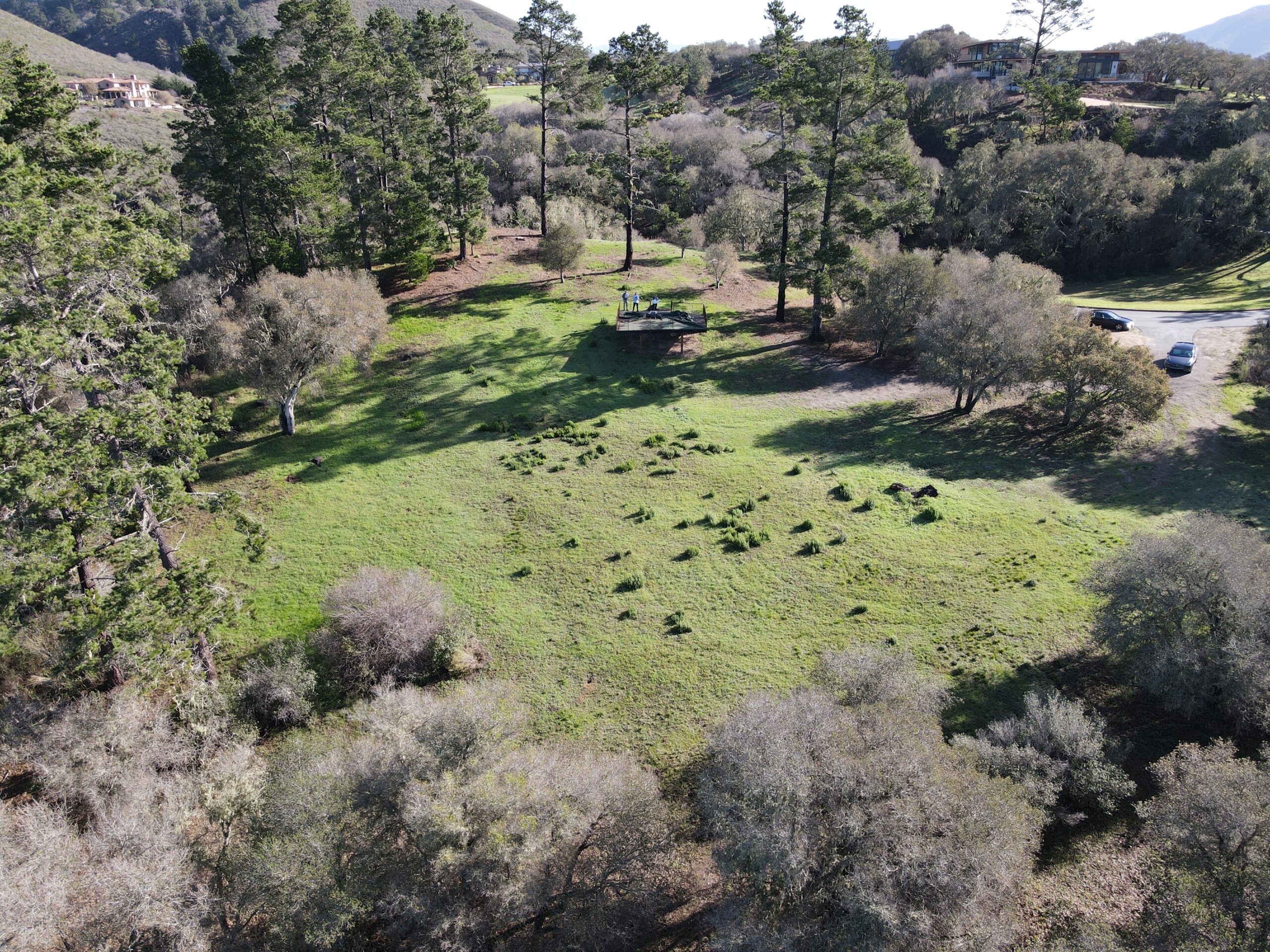
If you’re considering buying land for your custom dream home, there are a few things that you’ll want to keep in mind. First and foremost, think about what kind of lifestyle you want to lead. Are you looking for a quiet, rural retreat, or do you prefer to be in the heart of the city with easy access to all the amenities you need? Once you have a clear idea of your ideal location, it’s time to start thinking about the practical considerations.
For example, you’ll want to make sure that the land is zoned for residential use and that there are no restrictions on the type of home you can build. You’ll also want to have the land surveyed to ensure that it’s suitable for building, and that there are no drainage or flooding issues to worry about. And of course, you’ll need to make sure that all the necessary utilities are available, or that you’re prepared to pay the cost of bringing them to the property.
But beyond these practical considerations, it’s also important to think about the long-term value of the property. Is it in an area with a strong housing market and a lot of potential for growth? And how might future development plans affect the value of your custom home?
Here are some points to consider when you’re looking for the perfect piece of land to purchase for your custom designed home :
- The Location : Choose a location that suits your lifestyle and needs. Look for easy access to amenities such as schools, hospitals, shopping centers, parks, and public transportation.
- The Zoning and regulations : Check the zoning laws and regulations of the area to ensure that the land is suitable for building a custom home.
- The Topography + Soil Quality : Make sure to have the land surveyed to ensure that it is suitable for building. Check for any drainage or flooding issues and assess the soil quality to determine if it will support construction.
- The Utilities : Check the availability of utilities such as water, electricity, and sewage. If utilities are not available, consider the cost of bringing them to the property.
- The Environmental factors : Consider any environmental factors that may affect your custom home such as air and water quality, wildlife habitat, and proximity to industrial or commercial areas.
- The Cost : Consider the cost of the land itself, as well as any associated costs such as building permits, site preparation, and landscaping.
- The Resale Value : Consider the potential resale value of the property. Look for areas that are in high demand and have a strong housing market.
- Future Development : Research any future development plans for the area. This will give you an idea of what to expect in terms of growth and how it might affect your custom home.
